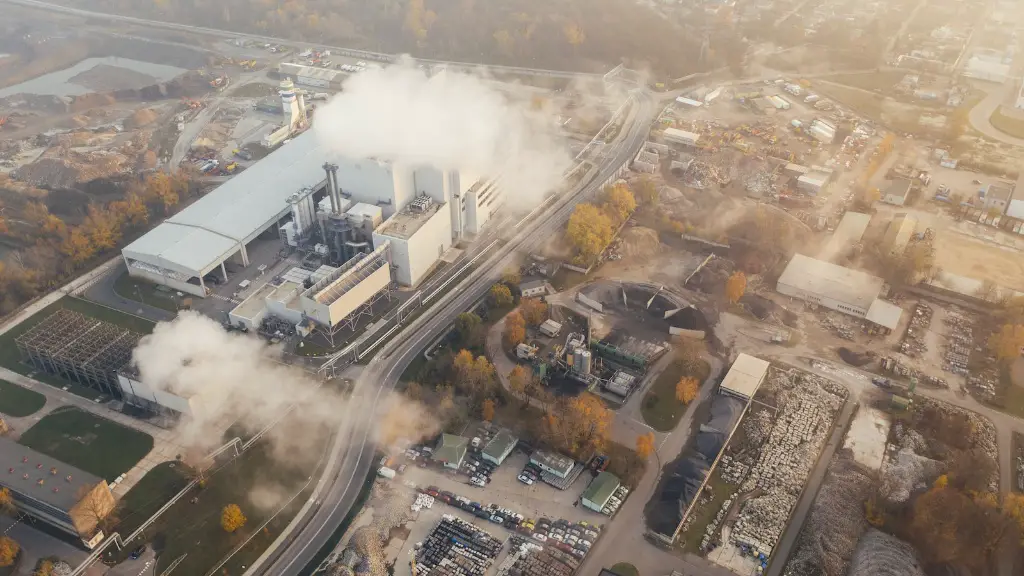As the world’s leading greenhouse gas emitters, industries have a duty to make proactive efforts to reduce global warming. From transportation to manufacturing to food production and distribution, technological advancements have enabled the industry to become an incredibly powerful part of our global economy. Despite its undeniable benefits, industry can also produce an array of emissions and pollutants, with severe ramifications for climate change. Allowing industries to regulate their own emissions is outdated and potentially disastrous, and governments worldwide must not only legislate firm regulations, but also create incentives to reward companies that strive toward sustainability.
Electricity production is one of the major sources of emissions, yet many industries have already found ways to reduce burning fossil fuels by transitioning to more renewable energies such as solar, wind, and geothermal. By investing in renewable energy research and actively encouraging companies to switch to clean energy sources, governments can make great strides in slowing the global temperature increase. For companies using natural gas, mandating a switch to lower-emitting options or incentivizing investments in carbon capture — the removal of carbon dioxide from the atmosphere — offers a viable solution.
Transportation accounts for a significant portion of global emissions and industries must take responsibility for their share of this burden. Supporting electric and hybrid vehicle adoption, as well as investing in public transport and biking infrastructure, are excellent strategies for reducing energy consumption. Further, reducing goods shipping and airplane travel can lessen their carbon footprints. Encouraging companies to transition to electric fleet vehicles and shifting away from air travel altogether further decreases emissions.
Industrial process management offers a unique opportunity to reduce emissions, as many processes are incredibly energy-demanding. For large-scale operations like steel manufacturing, investing in renewable energy sources, updating machinery and introducing methods to increase efficiency will drive down emissions while maintaining high quality standards. For small and medium companies, providing low-carbon products and services, implementing incentives for environmentally-friendly behaviour, and investing in green practices, such as waste recycling and energy efficiency, can make a great collective impact.
Industry is, and will remain, an essential part of modern society. Nonetheless, it is the responsibility of companies, governments, and citizens the world over to take steps to limit the negative consequences of industrial activities. Implementing concrete regulations, incentives, and technologies can drive change, reduce emissions, and protect our environment. As our ability to tackle the biggest challenges of our time, industries must lead the way in reducing global warming before the damage becomes irreversible.

